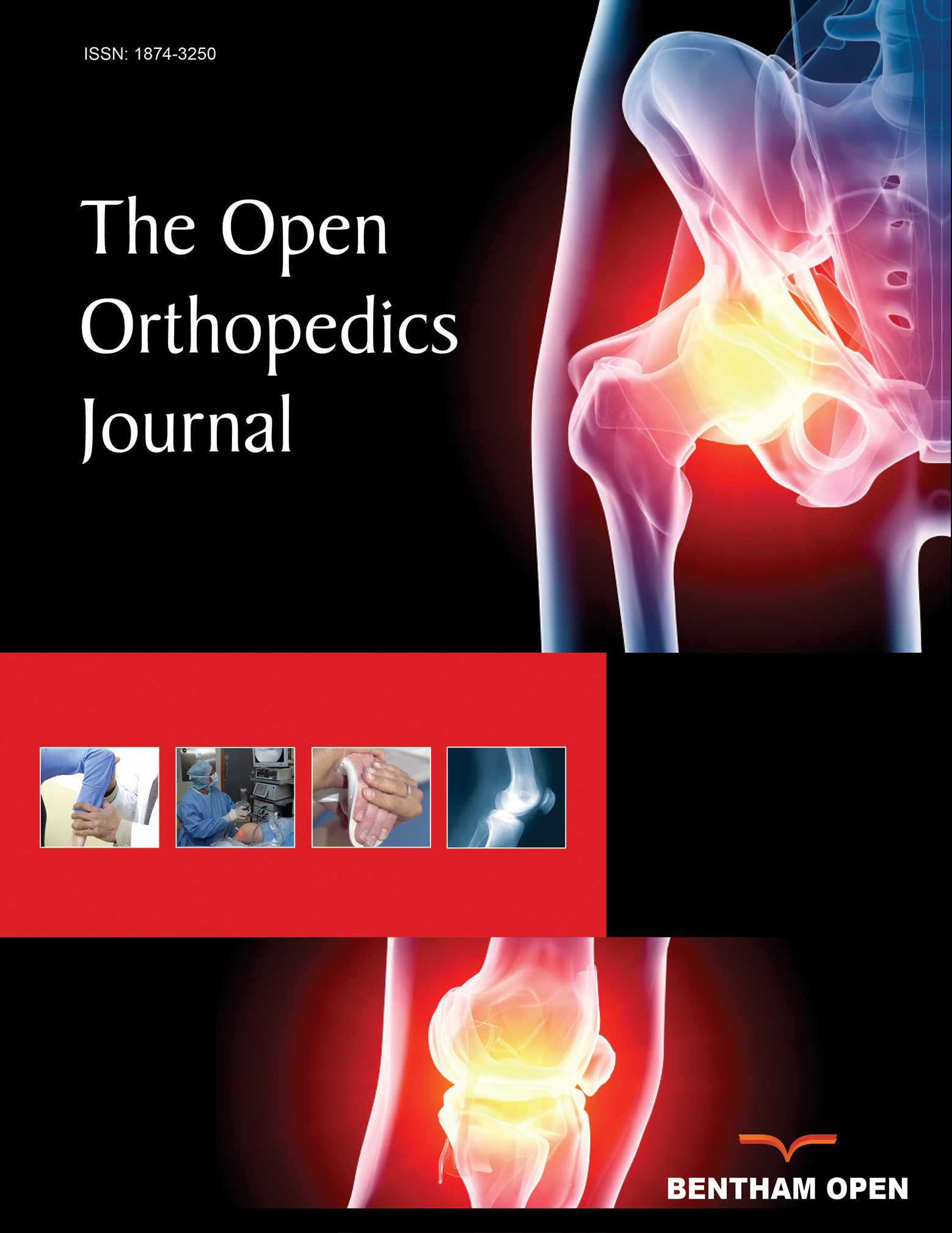All published articles of this journal are available on ScienceDirect.
Documentation of Focal Neurology on Patients with Suspected Cauda Equina Syndrome and the Development of an Assessment Proforma
Abstract
Objective :
Cauda equina syndrome is a relatively rare condition with a disproportionately high medico legal profile. Definitive management involves prompt surgical decompression with outcome dependent on timing of surgery. Documentation of a comprehensive clinical and neurological assessment including examination of anal tone and perianal sensation is essential in reducing litigation and identifying patients requiring urgent surgical decompression. The aim of this study was to evaluate the documentation of focal neurology in patients with suspected cauda equina syndrome and devise an assessment proforma to use in the accident and emergency departments.
Methods :
A retrospective case note review was performed in all patients presenting to A&E with suspected cauda equina syndrome from January 2013 to March 2014. A full neurological examination was defined as having all modalities documented such as: MRC grade power, reflexes, sensory exam, vibration proprioception, anal tone & perianal sensation.
Results :
Sixty-nine patients with suspected cauda equina syndrome were identified with a median age of 44 (35-55) and a male to female ratio of 1:1.6. 4 patients (6%) had confirmed cauda equina syndrome and were transferred to a tertiary neurosurgical centre for further management. Only 2 patients (3%) had a complete neurological examination documented. 11 (16%) patients did not have any documentation of perianal sensation and 8 patients (12%) did not have documentation of anal tone
Conclusion :
Documentation of neurological was poor across our department. The introduction of an assessment proforma is proposed to increase documentation and optimise emergency department evaluation in these patients.


